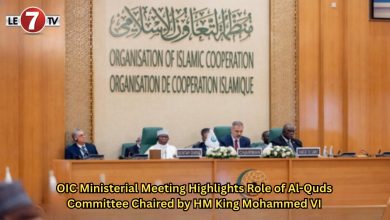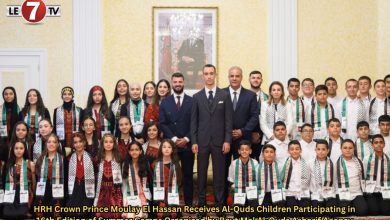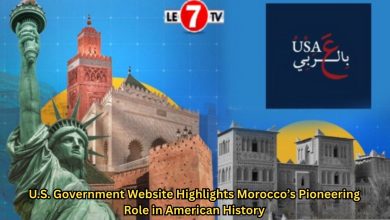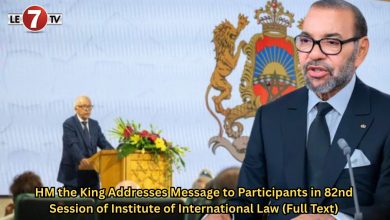Donald Trump Hosts Presidents of Liberia, Senegal, Mauritania, Guinea-Bissau, and Gabon at the White House
Donald Trump welcomed the Presidents of Liberia, Senegal, Mauritania, Guinea-Bissau, and Gabon to the White House on Wednesday. The U.S. President, who champions a transactional approach to diplomacy, used the occasion to raise the topic of the mineral wealth found in these African nations.
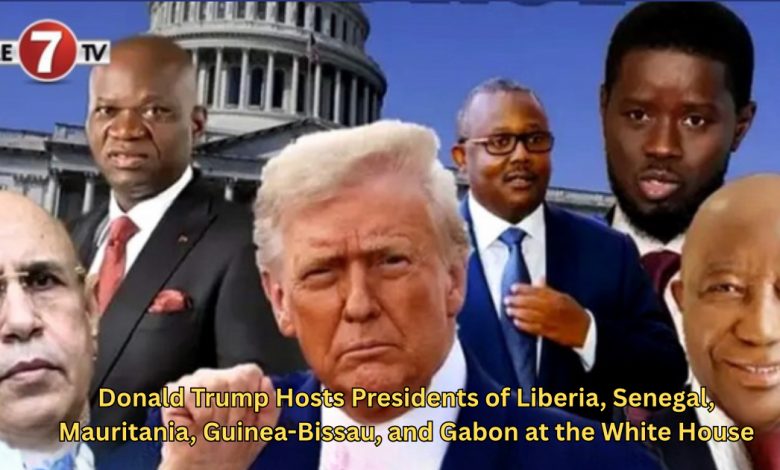
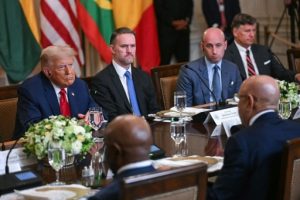
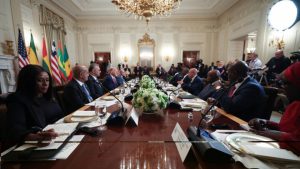
As he opened the working lunch, Trump made the reason for the meeting immediately clear, telling the press that the five countries were “dynamic places with very valuable land, super minerals, large reserves of oil, and wonderful people.”
“There is great economic potential in Africa, like few other places in many ways,” he said, adding that he wants to boost U.S. involvement on the continent.
Since returning to the White House, Trump has focused heavily on natural resources in his foreign relations strategy, placing minerals at the center of talks with countries such as Ukraine and in discussions around the Rwanda–DR Congo peace process.
The five African leaders at the table all represent nations rich in key resources, including gold and rare earth elements, which are essential to the global economy and especially important for electronics and electric vehicles.
Private investment over foreign aid
During the opening roundtable, several leaders praised both their countries’ potential and Donald Trump himself.
“We have minerals, rare earths, rare minerals. We have manganese, we have uranium, and we have good reason to believe we have lithium and other minerals,” said Mauritanian President Mohamed Ould Cheikh El Ghazouani.
Senegalese President Bassirou Diomaye Faye told American investors that his country enjoys political stability and a business-friendly regulatory framework. He also pointed to Senegal’s rich oil and gas reserves. Complimenting Trump’s golfing ability, he went as far as suggesting the former president open a golf club in Senegal.
“Gabon is a rich country,” added President Brice Clotaire Oligui Nguema. “We have more than two million people and a wide diversity of raw materials, oil and gas reserves, and we want those resources to be developed.” According to the U.S. Geological Survey, Gabon was the second-largest producer of manganese in the world in 2023, just behind South Africa. Manganese is a key component in battery production.
Alongside the trade discussions, The Wall Street Journal reported that Washington also tried to convince the five leaders to take back nationals who are currently under deportation orders in the U.S. but have been refused re-entry by their home countries. South Sudan has already agreed to such a request and accepted eight deported migrants from the U.S. earlier in July.
In late June, U.S. companies pledged to invest in various infrastructure projects in Africa during a summit in Angola, where Washington emphasized its preference for private-sector engagement over direct foreign aid.
“A test for Trump’s foreign policy”
This high-level meeting came just days after the official dismantling of USAID, the U.S. development agency that has historically supported many African nations. The Trump administration has also scaled back its foreign aid contributions more broadly.
Before the meeting, Brookings Institution scholar Landry Signé described the summit as “a turning point and a test for the Trump administration’s foreign policy toward Africa.”
“Whether the U.S. can turn its new approach into long-term partnerships will depend on its ability to outperform China and Russia in terms of capital, presence, and sustained commitment,” he noted in a briefing paper.
Editorial team/le7tv


